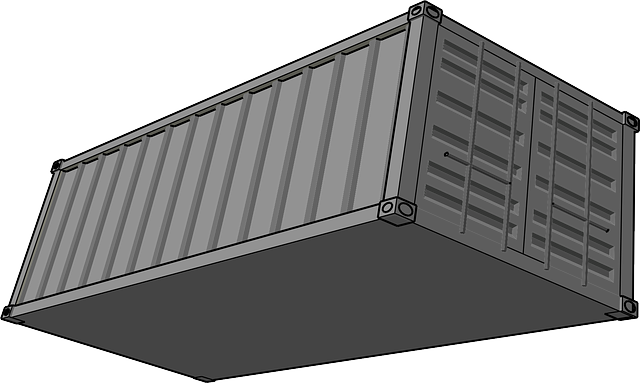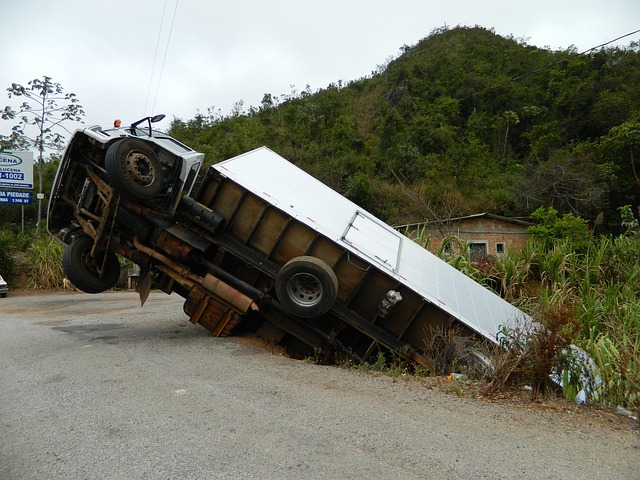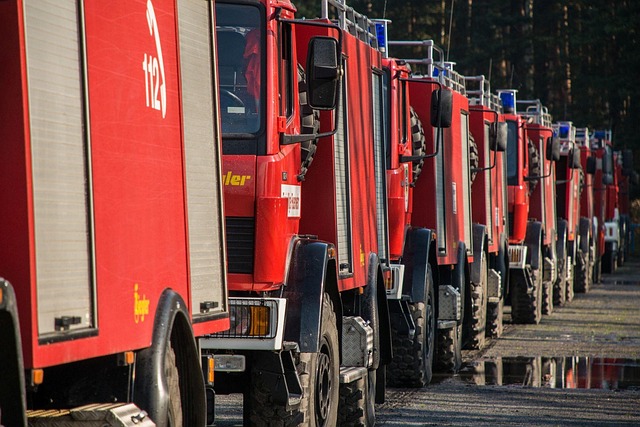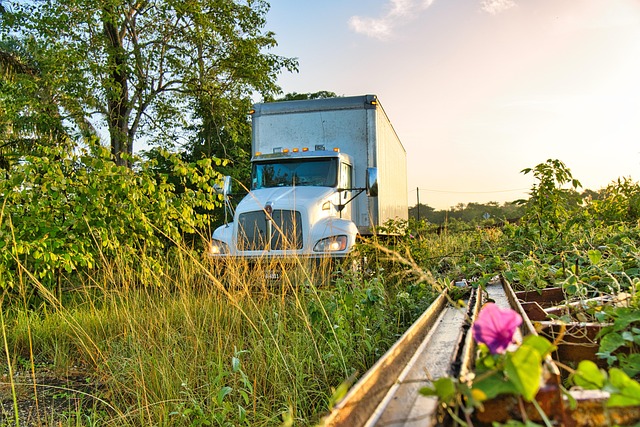Small fleet operators face unique risks including accidents, property damage, and personal injuries, which can lead to significant financial implications if not managed properly. Liability insurance, particularly comprehensive trucking business liability coverage, is crucial for mitigating these risks by providing financial protection against potential claims. This type of insurance ensures swift resolution during challenging periods, minimizes financial strain, and demonstrates a commitment to safety and responsible management. By prioritizing this coverage, small fleets can navigate risks with greater assurance, focusing on growth and efficiency rather than legal battles and financial strain.
Understanding the importance of liability insurance for small fleets is crucial in today’s dynamic trucking industry. With escalating operational risks, from accidents and cargo damage to third-party liabilities, fleet operators face significant challenges that can disrupt business continuity. This comprehensive guide explores why trucking business liability insurance is essential for mitigating financial losses and legal claims. We delve into key coverage areas, including commercial auto liability and specific add-ons, and provide insights on choosing the right policy to safeguard your small fleet’s future.
The Risks Faced by Small Fleet Operators

Small fleet operators face unique risks that can have significant financial implications if not managed properly. With each vehicle on the road, there’s an inherent chance of accidents, damage to property, or personal injuries, which can lead to costly lawsuits and claims. These risks are exacerbated by the operational complexities of managing a trucking business, including maintaining vehicles, hiring and training drivers, adhering to regulatory requirements, and ensuring safe working conditions.
Liability insurance plays a crucial role in mitigating these risks, providing financial protection against potential claims. For small fleets, it’s essential to have comprehensive trucking business liability coverage that includes bodily injury liability, property damage liability, and potentially other specific types of coverage based on the nature of operations. This ensures that if an incident occurs, the business is not left vulnerable, allowing for swift resolution and minimising financial strain during what could be a challenging period.
– Types of risks and potential liabilities

Small fleets, whether they’re for delivery services, construction sites, or transportation companies, face a unique set of challenges when it comes to risk management. A trucking business liability isn’t just about protecting vehicles; it’s about mitigating the vast array of potential risks that come with operating in an industry where accidents, damage, and legal disputes are not uncommon. These risks can include property damage, injuries to employees or third parties, and even environmental hazards stemming from fuel leaks or cargo spills. Understanding these potential liabilities is crucial for any small fleet owner looking to safeguard their business against financial ruin.
From mechanical failures leading to accidents on the road to worker compensation claims due to workplace injuries, the scenarios that can expose a trucking business to legal responsibility are diverse and far-reaching. Liabilities can also arise from contractual obligations, such as those set forth in agreements with customers or suppliers, leaving businesses vulnerable to financial losses even beyond the physical realm of their operations. Therefore, comprehensive liability insurance becomes an indispensable tool for small fleets, offering financial protection against these unpredictable yet significant risks.
– Impact on business continuity

For small fleets in the trucking business, the impact of liability insurance on business continuity cannot be overstated. This coverage protects against financial ruin resulting from accidents or incidents involving company vehicles. Without it, a single claim could lead to significant expenses, including medical bills, legal fees, and potential damages paid out to affected parties. Such an occurrence could cripple a small fleet, disrupting operations, causing delays, and damaging its reputation. Liability insurance acts as a shield, ensuring that the business can maintain continuity by covering these unforeseen costs and enabling it to focus on growth and efficiency rather than legal battles and financial strain.
Moreover, having liability insurance instills confidence in clients, drivers, and stakeholders. It demonstrates a commitment to safety and responsible management, fostering trust in the trucking business’s operations and practices. This is particularly crucial in an industry where accidents can have severe consequences, both legally and operationally. By prioritizing liability insurance, small fleets can protect their assets, sustain their operations, and navigate risks with greater assurance.
Why Trucking Business Liability Insurance is Essential

Trucking Business Liability insurance is more than just a safety net; it’s an indispensable tool for small fleet operators. With each vehicle on the road representing a potential risk, this type of insurance acts as a shield against financial ruin caused by accidents, property damage, or personal injuries involving your trucks and drivers. The costs associated with legal fees, medical expenses, and settlements can be astronomical, posing a significant threat to the survival of a small business.
Moreover, having Trucking Business Liability Insurance demonstrates a commitment to safety and risk management. It shows clients and partners that you take responsibility for the operations under your control, enhancing credibility and fostering trust. In an industry where accidents are inevitable, proactive measures like insurance not only protect your business but also contribute to a safer overall transportation network.
For small fleet operators, understanding the importance of liability insurance is paramount. By mitigating risks that can disrupt business continuity—from accidents to legal claims—trucking business liability insurance becomes an indispensable asset. It offers protection against potential liabilities, ensuring these businesses can navigate challenges and thrive in a competitive market. Investing in comprehensive coverage is a strategic move to safeguard assets, maintain operational efficiency, and secure the financial future of your fleet.
